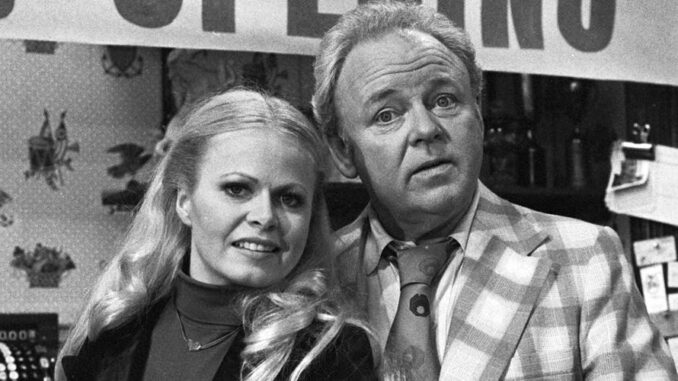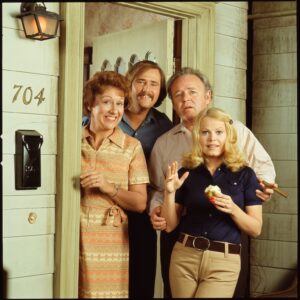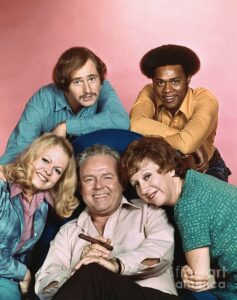
”All in the Family” helped Jean Stapleton become an advocate
How many times have you watched All in the Family and seen Archie Bunker speak on behalf of Edith Bunker, instead of Edith Bunker, and sometimes over Edith Bunker? It seems like dozens of comedic bungles in the series are the direct result of Archie, believing he knows what’s best for the family over Edith’s objections, somehow managing to wreak unprecedented havoc that simply wouldn’t have happened if he had just listened to his wife in the first place.
As the series continued, Edith was able to speak up more and more frequently. However, it turns out that while Edith was finding her own voice, so was Jean Stapleton. According to an interview with NPR, Jim Colucci, author of All in the Family: The Show That Changed Television, offered his analysis of Stapleton’s progression into becoming more vocal about current events, the same ones that All in the Family centered on at times.

Colucci said, “She [Stapleton] was from a Christian Science background, so she had a religious background that was very specific. And I think that she had a very quiet life in Pennsylvania in the theater. And I think only through exposure to All in the Family and the wider world of Hollywood did she become awakened to some of the women’s issues that were happening in her time and really grew as a person.”So much so did Stapleton grow as a person that in the mid-70s, she was placed on the National Commission on the Observance of International Women’s Year during the Carter administration. Stapleton felt that because she had been gifted a level of fame that came along with starring in All in the Family, it was important that she put it to good use. In an interview with The Charlotte Observer, Stapleton stated, “There’s an obligation that fame puts upon you to participate and do some good because it seems that people listen to the person they’ve seen come into their home every week.”

She continued, “When fame struck, I had no idea it would bring upon me all these offers to participate in society. And I found it easy to embrace the women’s movement — feminism — because I’m a woman. Equal rights to me was a natural, a simple matter of justice.”